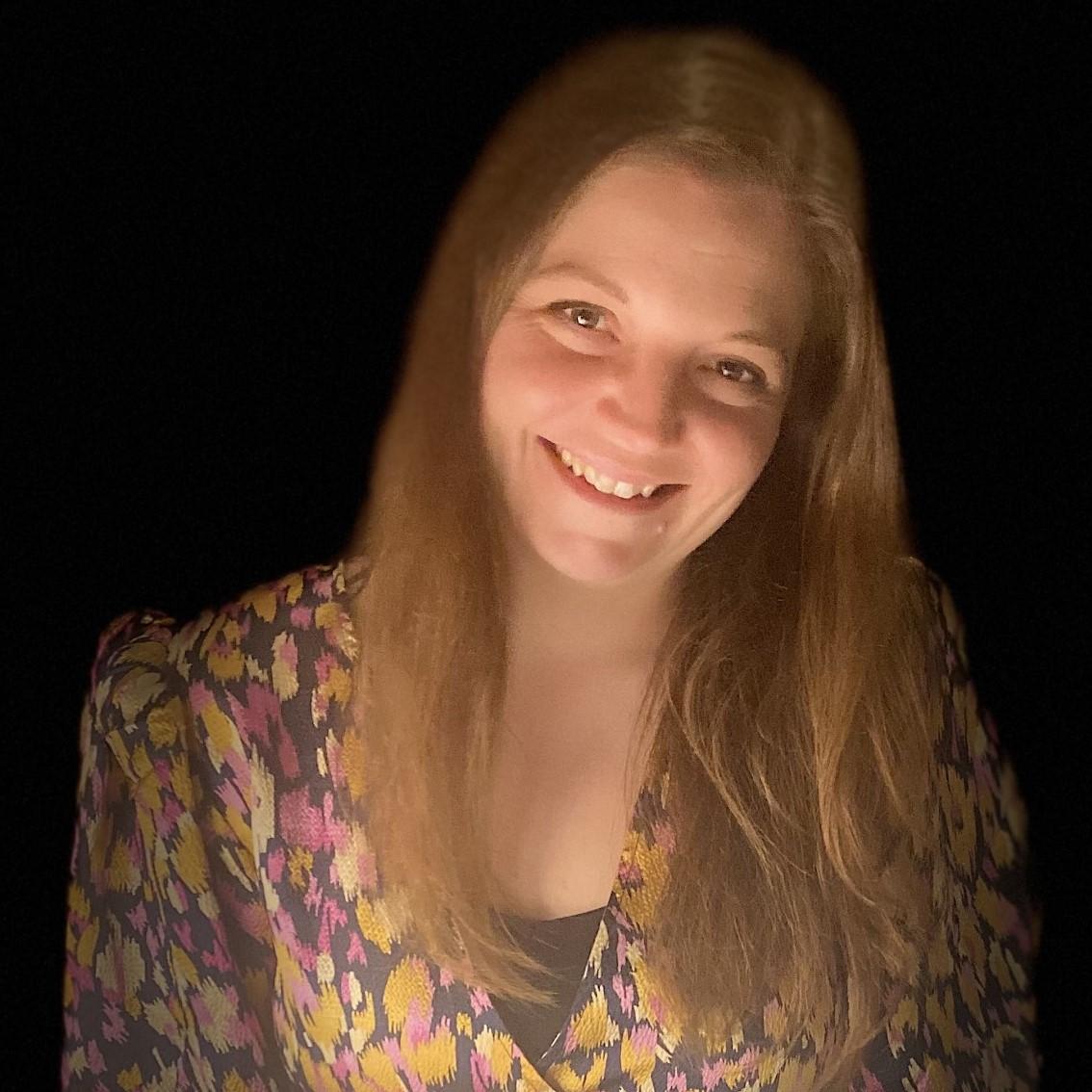Staff profile

| Affiliation | Telephone |
|---|---|
| Lecturer in the Department of Archaeology |
Biography
I have studied archaeology since my undergraduate degree (University of Exeter, 2011). It was here that my interest in bioarchaeology developed, leading me to graduate with an MSc in Human Bioarchaeology in 2012 (University of Exeter). During this time my more specialist interest in fetal, infant and childhood growth, health and wellbeing developed. With such young individuals still remaining somewhat absent from osteological investigations and publications at this time, I knew I wanted to pursue this avenue of research further. This led me to Durham University, where I undertook my Arts and Humanities Research Council (AHRC) funded PhD, graduating in 2018. Since then I have been an adjunct lecturer in Forensic Science at Kingston University (2018-2020), as well as a commercial osteologist for AC Archaeology (2019-2020). In 2020 I was awarded a prestigious British Academy Postdoctoral Fellowship (BA PDRF) for my project 'Bringing up Baby', which I undertook at the University of Reading (2020-2023). This enabled me to to expand my research and use new methods of skeletal analysis to document the very earliest moments of our lives. This extensive project has led to several publications, as well as ongoing research projects and international collaborations, which continue to this day as I further my research in this area. In October 2023 I was delighted to return to Durham University as a Lecturer in Bioarchaeology.
My publications to date have focussed on early life health and wellbeing, as well as evidence of growth disruption, considering the interaction and implications of both intrisic and extrinsic factors on fetal and infant individuals. My latest research is focussing on new ways to investigate, record and interpret periosteal new bone formation (PNBF) in these young individuals, as well as exploring the use of imaging technologies to enhance our understanding of fetal-infant skeletal pathology.
At Durham University I primarily teach the MSc in Human Bioarchaeology and Palaeopathology (as acting Course Director whilst Professor Rebecca Gowland is on research leave) and contribute to the MSc in Forensic Archaeology and Anthropology, the MSc in Bioarchaeology, as well as several undergraduate modules. I gained my Fellowship of the Higher Education Academy (FHEA) in 2018 and have co-delivered several practical workshops for forensic practitioners and training courses for local constabularies.
I was the keynote speaker at the 2023 Society for the Study of Childhood in the Past (SSCIP) annual conference in Argentina, as well as an invited speaker for the Palaeopathology Association in 2022. I organised the ‘Identifying and recording periosteal new bone formation in fetal-infant individuals’ workshop at the American Association of Biological Anthropologists annual conference in Reno 2023, as well as being the lead organiser for the session ‘Through Infancy and Beyond’, at the European Association of Archaeologists (EAA) annual conference in Belfast 2023. I am the co-organiser of a session at the EAA conference in Rome in 2024.I am part of the review college for the British Academy as well as the membership secretary for SSCIP. I am also a member of the Chartered Society for Forensic Sciences (MCSFS), British Association for Biological Anthropology and Osteoarchaeology (BABAO), British Association for Forensic Anthropology (BAFA), the Palaeopathology Association (PPA), the American Association of Biological Anthropologists (AABA), and the European Association of Archaeologists (EAA).
Research interests
- Fetal and infant growth and development
- Health, wellbeing and paleopathology of fetal and infant individuals
- The fetal and infant life course, and the impact of intrauterine experiences on early life
- Exploring evidence for DOHaD in the archaeological record
- Social and cultural treatment of the fetus and infant
- Human identification in forensic contexts, particularly of infants and children
- Ethical treatment of human remains in forensic and archaeological contexts
- Forensic archaeological recovery of non-adults.
Publications
Book review
- Hodson, C. M. (2021). Book Review: The New Church Yard: By Robert Hartle. Pp. xxiii + 300 + 178 illustrations. London: Museum of London Archaeology, 2017. £10.00. ISBN 978-1-907586-43-9. Paperback. The London Journal, 46(3), 322-324. https://doi.org/10.1080/03058034.2021.1930386
- Hodson, C. M. (2020). Book Review: Outside Roman London: Roadside Burials by the Walbrook Stream: by S. Ranieri and A. Telfer. Pp. xix + 228, 129 illustrations. London: MOLA (Museum of London Archaeology), 2017. £10.00. ISBN 978-1-907586-44-6. Paperback. The London Journal, 45(3), 347-349. https://doi.org/10.1080/03058034.2020.1770998
- Hodson, C. M. (2019). Women and children first. Antiquity, 93(370), 1088-1091. https://doi.org/10.15184/aqy.2019.96
Chapter in book
Journal Article
- Crawford, R. R., Hodson, C. M., & Errickson, D. (2024). Guidance for the identification of bony lesions related to smallpox. International Journal of Paleopathology, 44, 65-77. https://doi.org/10.1016/j.ijpp.2023.12.002
- Newman, S. L., & Hodson, C. M. (2021). Contagion in the Capital: Exploring the Impact of Urbanisation and Infectious Disease Risk on Child Health in Nineteenth-Century London, England. Childhood in the Past, 14(2), 177-192. https://doi.org/10.1080/17585716.2021.1956059
- Hodson, C. M. (2021). New Prospects for Investigating Early Life-Course Experiences and Health in Archaeological Fetal, Perinatal and Infant Individuals. Childhood in the Past, 14(1), 3-12. https://doi.org/10.1080/17585716.2021.1905884
- Gowland, R., Stewart, N. A., Crowder, K. D., Hodson, C., Shaw, H., Gron, K. J., & Montgomery, J. (2021). Sex estimation of teeth at different developmental stages using dimorphic enamel peptide analysis. American journal of physical anthropology, https://doi.org/10.1002/ajpa.24231
- Hodson, C. M. (2017). Between Roundhouse and Villa: Assessing Perinatal and Infant Burials from Piddington, Northamptonshire. Britannia: A Journal of Romano-British and Kindred Studies, 48, 195-219. https://doi.org/10.1017/s0068113x17000137

